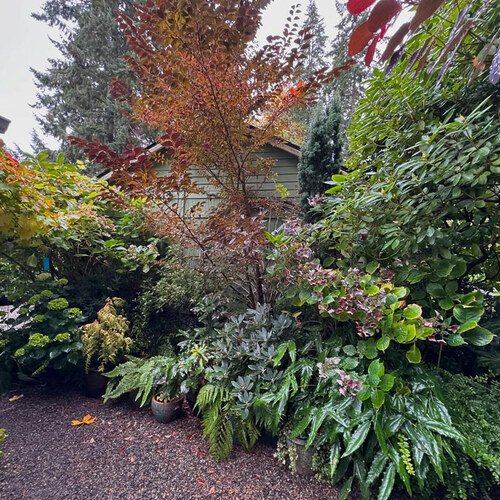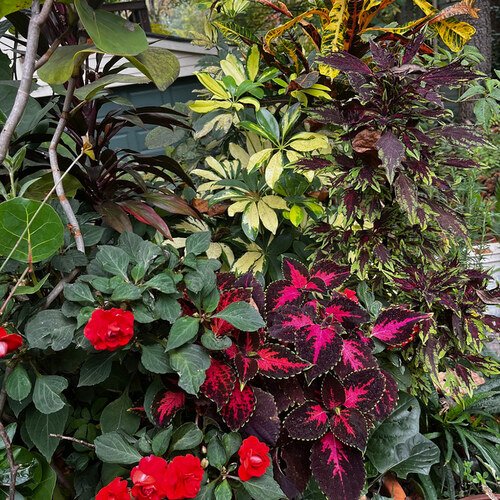
Ulrich Lorimer: Cultivating Native Plants for a Sustainable Future
Ulrich Lorimer, the director of the Native Plant Trust in Framingham, MA, is a passionate advocate for cultivating native plants in both public and private gardens to help offset habitat loss. With his extensive knowledge and experience, he aims to educate and inspire others to incorporate native species into their landscapes for a more sustainable and biodiverse future.
In a recent episode, Ulrich Lorimer delves into the importance of using native plants in garden settings and highlights some outstanding species that have an outsized impact. From designing with regionally adapted plants to gardening in a changing climate, he shares valuable insights on integrating native plants into backyard ecosystems.
One of Ulrich Lorimer’s favorite high-impact northeastern native species is the Narrowleaf mountain mint (Pycnanthemum tenuifolium, Zones 4-8). This versatile plant not only adds beauty to the garden with its delicate flowers but also attracts pollinators and beneficial insects, making it a valuable addition to any landscape.
Another standout species recommended by Ulrich Lorimer is the Turk’s cap lily (Lilium superbum, Zones 5-8). Known for its striking orange flowers and tall stature, this native lily adds a pop of color and drama to garden beds while providing food and habitat for wildlife.
The Cucumber magnolia (Magnolia acuminata, Zones 3-8) is another native species that Ulrich Lorimer praises for its beauty and ecological benefits. This tree species, with its large, fragrant flowers and distinctive cucumber-like fruit, is a valuable addition to any garden for its ornamental value and role in supporting native wildlife.
Lastly, the White oak (Quercus alba, Zones 3-8) is a classic native tree that Ulrich Lorimer recommends for its longevity, beauty, and ecological value. As a keystone species in many ecosystems, the White oak provides food and shelter for a wide range of wildlife, making it a cornerstone of a healthy and sustainable landscape.
In addition to highlighting these outstanding native species, Ulrich Lorimer also emphasizes the importance of designing with regionally adapted plants. By selecting plants that are well-suited to the local climate, soil, and growing conditions, gardeners can create resilient and sustainable landscapes that require less maintenance and resources.
Gardening in a changing climate is another topic that Ulrich Lorimer addresses in his conversation. As temperatures rise and weather patterns become more unpredictable, it is essential to choose plants that can withstand these challenges and thrive in a changing environment. Native plants, with their natural resilience and adaptability, are ideally suited to these changing conditions and can help mitigate the impacts of climate change on our landscapes.
Integrating native plants into backyard ecosystems is a key strategy for promoting biodiversity and supporting wildlife. By creating habitats that mimic natural ecosystems and providing food, shelter, and nesting sites for birds, insects, and other wildlife, gardeners can play a vital role in conserving native species and protecting the environment.
Ulrich Lorimer’s work at the Native Plant Trust and Garden in the Woods in Framingham, MA, is a testament to the power of native plants to transform landscapes and promote sustainability. Through education, conservation, and advocacy, he is leading the way in promoting the use of native plants in garden settings and inspiring others to join the movement towards a more sustainable future.
In conclusion, Ulrich Lorimer’s passion for cultivating native plants and his dedication to promoting sustainability through gardening are evident in his work and advocacy. By incorporating native species into our landscapes, we can create resilient, biodiverse ecosystems that support wildlife, conserve resources, and enhance the beauty of our surroundings. Ulrich Lorimer’s insights and recommendations serve as a valuable guide for gardeners looking to make a positive impact on the environment and create a more sustainable future for generations to come.






